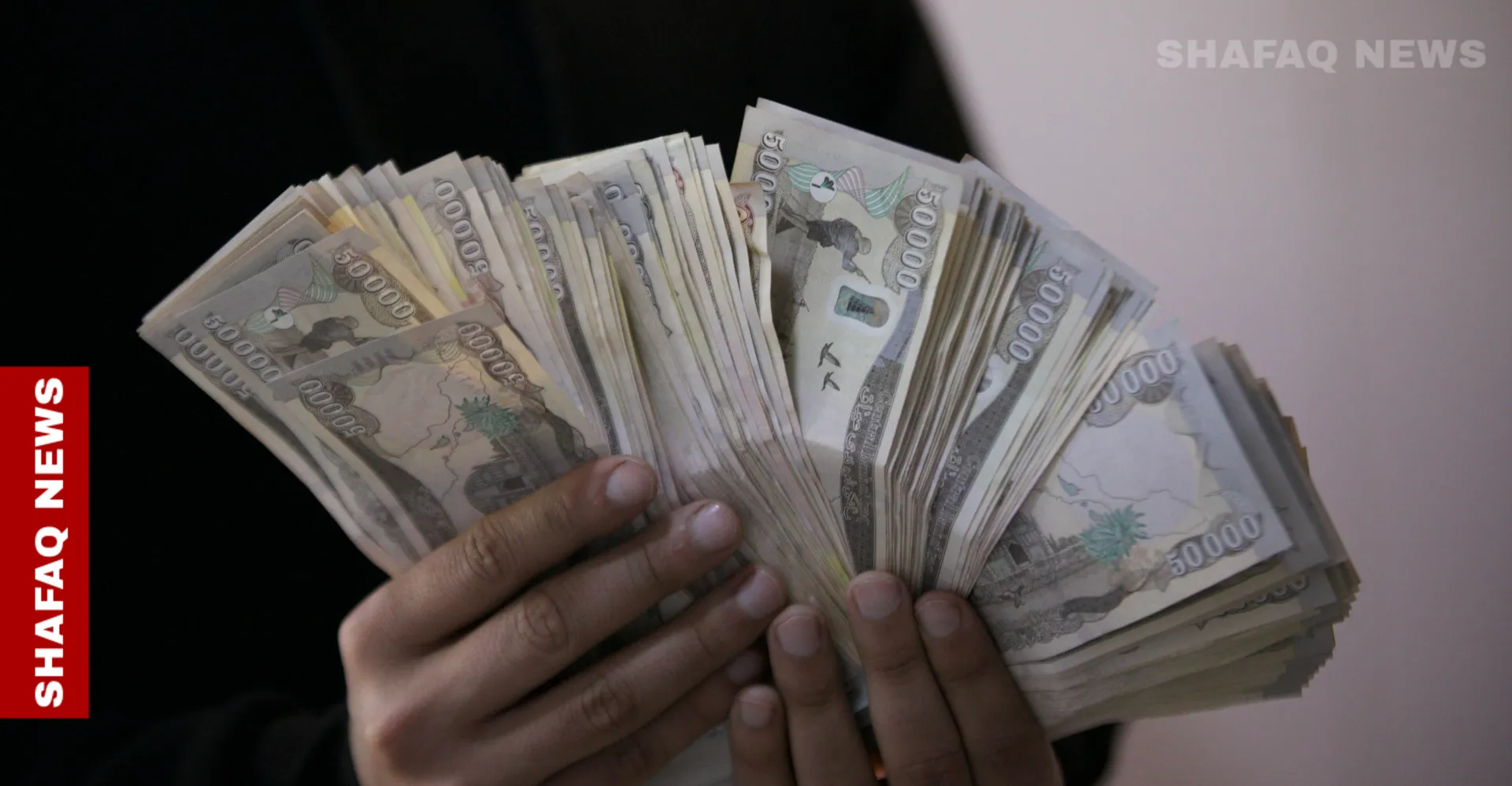Lack of credit: Iraqi banks retreat from lending and become “trustless piggy banks.”
 Some state-owned banks appear to have backed away from their credit plans for this year. In recent years, they had financed loans to citizens and the government to cover salaries and general expenses. This has raised questions about the future of the local banking system and public confidence in it.
Some state-owned banks appear to have backed away from their credit plans for this year. In recent years, they had financed loans to citizens and the government to cover salaries and general expenses. This has raised questions about the future of the local banking system and public confidence in it.
An informed source told Shafaq News Agency, “Some government banks, including Rafidain Bank, have suspended loans and advances to citizens, abandoned the use of automation and electronic payments in completing transactions, and returned to the traditional paper-based system.” He pointed out that “requests are now subject to favoritism and nepotism, while the loans granted are limited and do not meet the need.”
The source added, “Automation plans aimed at addressing inefficiencies and expanding services have been put on hold, even though automated systems help speed up transactions and reduce operational costs.”
For his part, financial expert and former Central Bank director Mahmoud Dagher explained to Shafaq News Agency that “Iraqi banks will remain behind unless they establish an integrated electronic banking system that links their databases and provides modern deposit, investment, and borrowing services.”
Economist Dhurgham Muhammad Ali noted that “priority in credit granting currently goes to housing and solar energy loans as part of the Central Bank’s initiatives, as they are part of the government’s program,” noting that “other types of loans do not receive sufficient attention despite the availability of liquidity.”
Standard & Poor’s, the international credit rating agency, has classified the Iraqi banking system as “B-” (high risk), alongside Nigeria and Ukraine, noting that the country’s institutional framework and economic credit suffer from “very high levels of risk and weak competitive and financing dynamics.”
Shafaq.com
